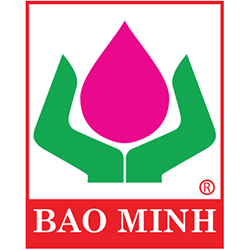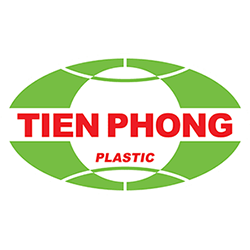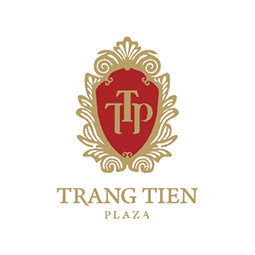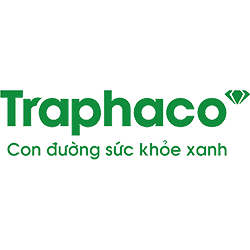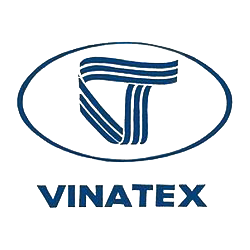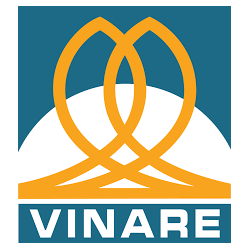Making the state capital investment model more effective
- Super User
- Hits: 4962
Making the state capital investment model more effective
Resolution of the 3rd Meeting of Party Central Committee’s 9th Tenure on reforming and improving the efficiency of SOEs stressed the need to renovate the way of managing state capital by separating state administrative functions from business management, changing from the administrative model of capital subsidy to the model of capital management through a state financial investment company.
Ministries, agencies and local people’s committees shall concentrate on building and executing relevant policies, while the rights and interests of the state as a shareholder shall be exercised by a special economic entity pursuant to the Law on Enterprises.
In 2005, the Prime Minister decided to establish the State Capital Investment Corporation (SCIC) which is responsible for taking over and exercising state shareholding rights in various enterprises and investing in important economic sectors/industries of the state, so as to strengthen the leading role of the State in the economy, maintain and grow state capital/shares under market rules.
Positive results
As per SCIC’s 2012 report, its business performance indicators all exceeded the annual plan, recording growth against 2011. Pre-tax profit reached more than VND 4,500 billion, 34% higher than that of 2011; After-tax profit reached nearly VND 3,900 billion, a year-on-year growth of 30%; Contribution to state budget was VND over VND 600 billion (not accounted for VND 2,100 billion of dividends that was taxed before being transferred to SCIC), 83% higher than the year before. ROE was 22% on average, a growth of 32%. In the context of 2012 with lots of turbulences in the world and domestic economies and many difficulties faced by economic groups and corporations, the mentioned results of SCIC are worth being recognized.
After taking over state shareholding rights in nearly 1,000 enterprises, SCIC valued and classified them and then restructured their state holdings through active divestment of state capital/shares in those enterprises that were unnecessary to keep or control. By far, state holdings in nearly 600 portfolio companies were divested, generating more than VND 3,300 billion of proceeds, more than 2 times higher than book value, reflecting the added value for state capital. This source of money was important for SCIC to invest in key economic sectors/industries, important projects or to carry out flexible investments to grow state capital.
Total investments done by SCIC so far reached nearly VND 9,300 billion in the forms of shares, corporate bonds, partnership in new companies, projects of energy, infrastructure, hi-tech, etc. SCIC cooperated with EVN to invest in power plant projects such as Vinh Son-Song Hinh, Thac Ba, Hai Phong, Quang Ninh. Further, SCIC is collaborating with both foreign and local investors to implement some important projects, namely overseas diplomatic missions’ headquarters, some seaports, roads. SCIC is reporting to the Prime Minister on buying stakes of some other economic groups and corporations in their non-core business projects. In general, as of 31/12/2012, SCIC’s total portfolio book value was around VND 14,000 billion and portfolio market value was estimated at VND 50,000 billion (a difference of VND 36,000 billion), showing that SCIC’s activities have helped to maintain and growth state capital/shares efficiently.
Besides state holding restructuring, SCIC also brought value to its portfolio companies by introducing strategic investors, improving their corporate governance and business efficiency. In fact, most of companies transferred to SCIC recorded good growth.
Some typical examples include: Vinamilk, accumulated dividends collected from its by far reached over VND 2,600 billion (more than 3 times higher than the amount of state capital initially invested in this enterprise), its ROE was over 40% on average during the last 3 years, FPT Telecom JSC gave SCIC VND 500 billion in accumulation so far (over 3 times higher than the amount of state capital initially invested), ROE reached over 70% on average during the last 3 years, Vinare has annual pre-tax profit growth of 68.58% on average. As a dynamic shareholder, SCIC supported Vinare in finding and selecting a strategic foreign partner, namely SwissRe, a leading re-insurance multinational. The transaction of Vinare’s share sale to SwissRe was selected by Finance Asia as the most successful transaction in Vietnam in 2008. Hau Giang Pharmaceutical JSC recorded annual revenue growth of 30% and annual profit growth of 70% from 2007 to 2010. This company’s financial indicators are attractive to investors, i.e. ROA 17% and ROE over 30% on average.









